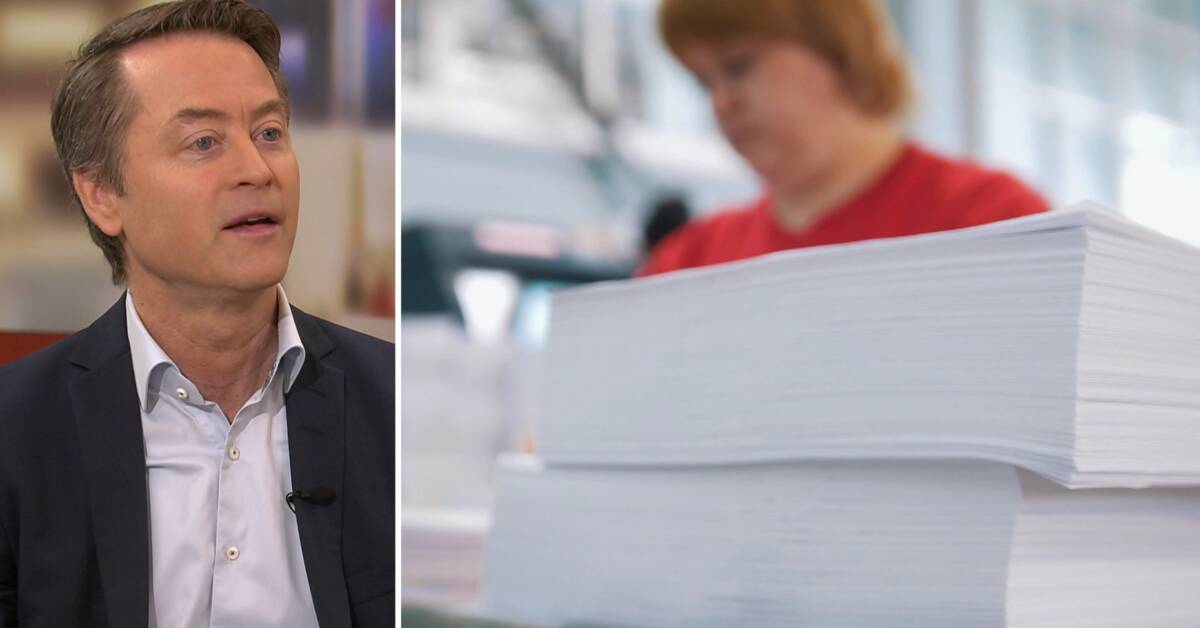The world's sanctions against Russia hit the country's own population hard.
- Inflation has risen.
I do not think the figures presented are that credible.
In the grocery stores where I go shopping, prices have risen between 10-30 percent in recent months, says SVT's Russia correspondent Bert Sundström, on location in Moscow.
People who even before the invasion had a hard time getting their finances together have had it even tougher, he states.
- It starts to sting in the wallet for those who have the worst.
That is, pensioners who may make a living on just over a thousand kronor a month and many employees with simple jobs who have around 2,000 a month.
Then it starts to get awkward.
More expensive fruits and vegetables
Torbjörn Becker, head of the Institute of Eastern Economics at the Stockholm School of Economics, also states that the Russians' wallets and everyday lives have changed since the invasion of Ukraine.
- The price increases have happened in just a few months' time.
The exchange rate is now back where it was before the war, but then you have to remember that you can not carry out all the transactions you want for it, says Torbjörn Becker.
In the last twelve months, the price of milk and meat has risen by 10 percent, according to trade statistics from Russian authorities.
Carrots and bananas have also become significantly more expensive in Russia, goods have risen 55 and 49 percent respectively in the past year.
Hoarding copy paper
It is not just the food that has become more expensive.
The price of copy paper has risen 400 percent in one year, according to Russian statistics.
- It's a bit like toilet paper during the pandemic in Sweden.
They rushed and bunkered, there was a shortage and prices rose.
There are slightly different qualities of copying paper.
Some they do domestically but some they have to import, says Torbjörn Becker.
- It was a period when a copy paper was worth more than one Sberbank share when the stock market fell, he adds.

